Alumni - آزمایشگاه تحقیقاتی سیستم های بلادرنگ قابل اعتماد/توزیع شده drts
Alumni
Ph.D.

Today’s deeply embedded systems, with real-time interactions to the environment, are largely battery- operated, and peripheral modules like LTE, WiFi, and GSM are among the most energy-hungry components of them. These components are often under the direct control of an embedded software through driver calls. Some pieces of the software program are called energy-hotspots if they can be transformed towards better system energy consumption while leaving it logically- and temporally-correct. From the peripheral module perspective, program energy-hotspots do exist with respect to the driver calls within the embedded software. In multi-task embedded systems, however, two types of such energy-hotspots can occur: Intra- task type, causing energy waste even if a task runs individually, and inter-task type, happening due to the interaction between different system tasks, namely preemption scenarios even if there is no intra-task energy-hotspot. The main cause of such energy-hotspots is the unnecessary time intervals between the driver calls, causing extra energy consumption by peripheral modules. In this dissertation, he focused on detection and elimination of intra- and inter-task energy-hotspots by static analysis methods. His approaches are based on some relations between temporal requirements of the real-time system, the time and energy specifications of the modules, and the extreme (worst-case/best-case) execution times of specific pieces of the task program codes. The manipulations on the tasks to eliminate the energy-hotspots include some program code modifications, and changing some scheduling decisions, namely limiting the preemption points.

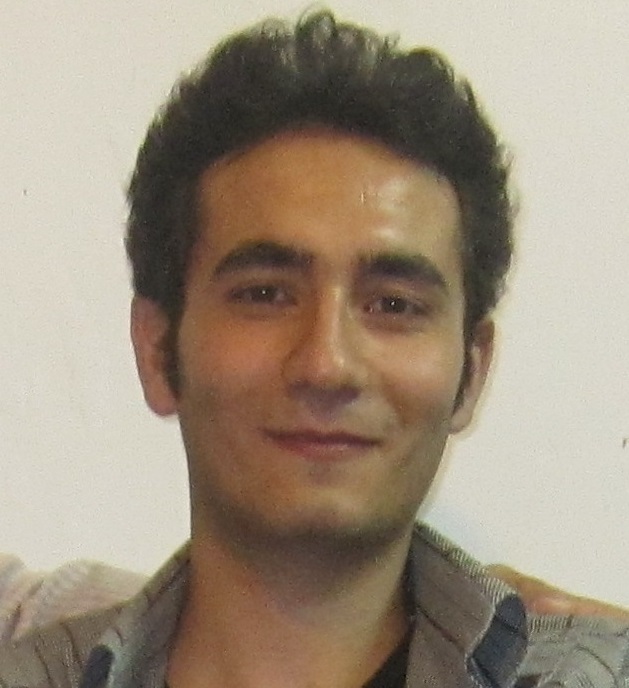

Mehran Alidoost Nia did his dissertation on formal approximation techniques for runtime verification of self-adaptive systems. The self-adaptive systems provide the ability of autonomous decision-making for handling the changes affecting the functionalities of cyber-physical systems. A self-adaptive system repeatedly monitors and analyzes the local system and the environment and makes significant decisions regarding fulfilling the system’s functional optimization and safety requirements. Such a decision must be made before a deadline, and the autonomy helps the system meet the timing constraints. Suppose the model of the cyber-physical system is available. In that case, it can be used for verification against specific formal properties to reveal whether the system is committed to the properties or not. However, according to the dynamicity of such systems, the system model needs to be reconstructed and reverified at runtime. As the model of the self-adaptive systems is a composition of the local system and the environment models, the size of the composed model is relatively large. Therefore, we need efficient and scalable methods to verify the model at runtime in resource-constrained systems.
Since the physical environment and the cyber part of the system usually have stochastic natures, the reflection of each behavior is modeled through probabilistic parameters, which we have some predictions about them. If the system observes or predicts some changes in the behavior of the environment or the local system, the parameter(s) are updated. This research focuses on the problem of runtime model size reduction in self-adaptive systems. As a solution, the model is partitioned into sub-models that can be verified/approximated independently. At runtime, if a change occurs, only the affected sub-models are subject to re-verification/re-approximation. Finally, with the help of an aggregation algorithm, the partial results from the sub-models are composed, and the verification result for the whole model is calculated. As for another challenge, the self-adaptive system must decide about an incomplete model when a few parameters have been missed to meet the decision-making deadlines. We do this by conducting a set of behavioral simulations by random walk and matching the system’s current behavior with its previous behavioral patterns. Thus, the system is equipped with a runtime parameter estimation method respecting a certain upper bound of errors.
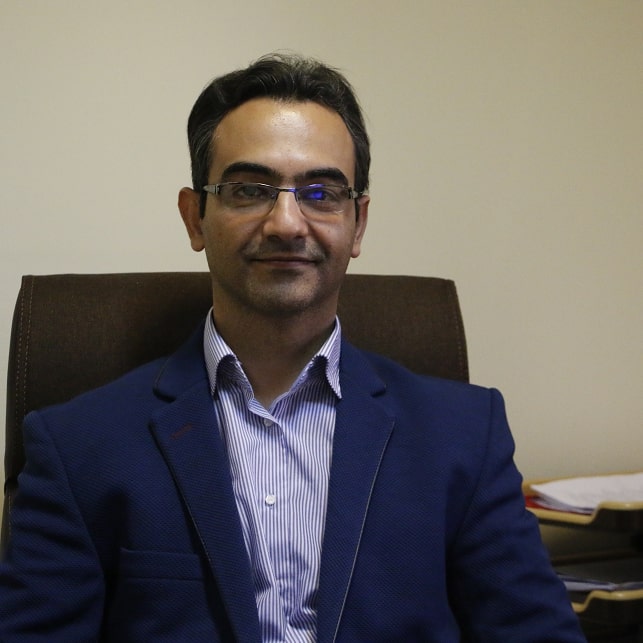
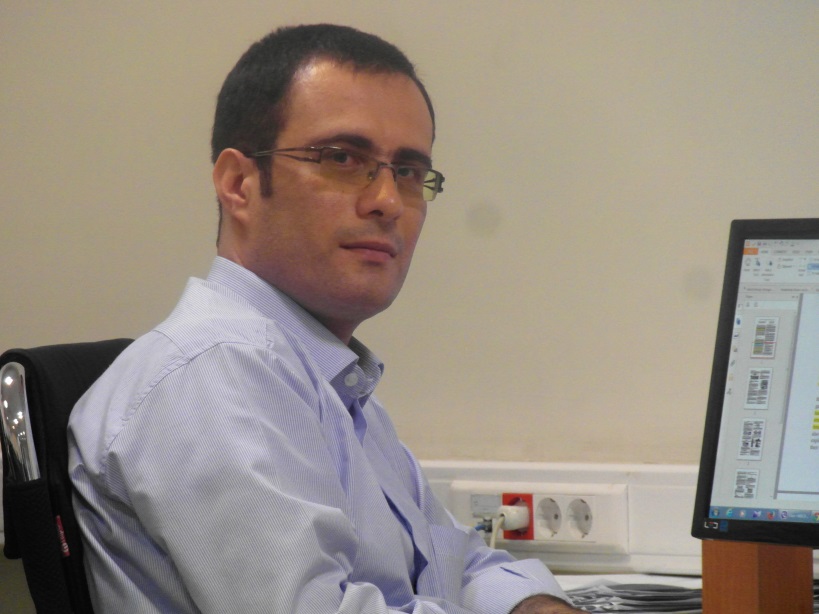
Mahmoud Hasanloo did his dissertation on energy management in real-time embedded systems. Energy harvesting from ambient is a very common approach to overcome energy provisioning of different devices which is one of the main challenges in the new theologies such as sensor networks, internet of things and etc. Most of these systems store the extra harvested energy in an energy storage system (ESS) to use later when there is not exists ambient energy. But, the capacity of energy storage systems is divided into two parts namely 1) instantly available charge (IAC); and 2) instantly unavailable charge (IUC). The former is directly connected to the ESS terminals and the later one is connected to the IAC which cause internal charge transfer between IAC and IUC from the one having higher voltage to the other side. Because of the lack of an ideal ESS, using of the hybrid energy storage systems (HESS) which contains two or more types of ESSs is introduced as a solution to cover weakness of each ESS type and to use their all strengths.
Because of the variable nature of the ambient energies and different properties of ESSs, efficient and effective energy management policy is an urgent requirement of the systems that equipped with energy harvester and HESS. An energy management policy with the main idea of storing as much as possible energy in the HESS when there exists good environmental energy harvesting conditions, e.g. noon time in solar harvesting, and extract as much as possible energy from the HESS in the absence of ambient energy, during night in solar harvesting, to lengthen the system lifetime is introduced in this dissertation. This policy consists of two parts namely HESS scheduling and real-time task scheduling which both of them regard current HESS status, predicted harvestable energy, timing constraints of the system to perform their task. HESS scheduling algorithm divides the incoming power from the harvesting sub-system or required power of the consuming sub-system among different component of the HESS while the real-time task scheduling algorithm tries to consume the maximum/minimum possible energy at each time epoch in order to free up the capacity of the HESS for storing upcoming energy/postponing tasks until scavenging sufficient energy for their execution from the ambient.
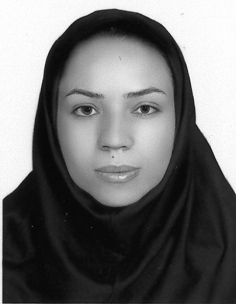

Mitra Nasri did her PhD thesis on analyzing and improving quality of service of real-time embedded systems in dynamic environments. Her thesis is mostly concerned about improving quality of service and accuracy of real-time systems, where the accuracy is defined as the closeness of system state to the goal state. In many industrial real-time embedded systems working in highly dynamic environments, system safety which depends on guaranteeing deadlines may not be sufficient; rather, to improve system’s quality of service (QoS), the instants of input and output operations are of high importance to deal with the rapid changes of the environment. For example, in control systems, measures such as sampling delay (delays before input), I/O delay (delays between input and output operations), their jitters, and quality of data considerably affect their accuracy.
To improve the accuracy, she has introduced two groups of scheduling algorithms; preemptive and non-preemptive. In the first group, the goal is to increase system accuracy by modifying priorities of the tasks at run-time. In this group she has developed several scheduling algorithms with different properties to reduce delays (sampling and I/O delays) and to limit jitters to user defined values. For most of the algorithms in this group, she has provided schedulability tests to verify sufficient (and in some cases, necessary) conditions of schedulability of hard real-time systems. In the second group, she introduced non-work-conserving scheduling algorithms with guaranteed schedulability in special cases of harmonic tasks. For some of those algorithms, she has provided sufficient conditions for a jitter free schedule. Finally, she has developed a framework to construct customized harmonic periods from given period ranges. Using this framework, feasible task sets for the developed algorithms can be obtained.
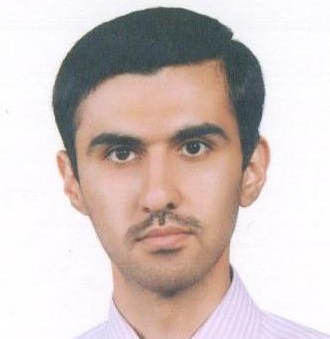
M.Sc.
- Peyman Shabani (Thesis Title: Safety evaluation of embedded systems using formal methods.)-2024
- Vahid Shafaatipour (Thesis Title: Identification of critical scenarios of embedded systems using falsification.)-2024
- Sina Mirsattarian (Thesis Title: A Low Cost CAN Authenticated Encryption Method.)-2024
- Simin Taefi (Thesis Title: Resource-Limited Data Imputation.)-2024
- Parsa karbasi zade(Thesis Title: Provice an efficient test method for neural network based systems.)-2024
- Arman Davari (Thesis Title: Distributed Real-Time Monitoring: Using Blockchain for Consensus and Quality Assessment.)-2023
- Amin Chokan (Thesis Title: Increasing the Reliability of Ethereum Smart Contracts by Mining Software Repositories.)-2023
- Amir Davanloo (Thesis Title: Benefit-aware Digital Currency Mining Using Non-dedicated Rig.)-2023
- Mohammad RafatPanah (Thesis Title: A Low-Cost Time Synchronization Protocol for Wireless Sensor Networks.)-2023
- Mohammad Jalili (Thesis Title: Embedded Software Test Automation: An Industry Fit.)-2023
- Farzad Mehri (Thesis Title: Improving performance of LoRa-based soft real-time networks.)-2022
- Mohammad Jalili (Thesis Title: Static/Dynamic Analysis of Android Applications to Improve Energy-Efficiency.)-2022
- Reza Rahimi Azghan(Thesis Title: Real-Time multiprocessing scheduling of cyclic graphs with delay values in multiple-object tracking, with a mixed-critiaclity approach.)-2022
- Mahan Tafreshipour (Thesis Title: Feature Interaction Detection in Automotive Software.)-2022
- Fatemeh Talebian (Thesis Title: Improvement in energy consumption of embedded systems using static analysis techniques.)-2021
- Iman Saberi (Thesis Title: Learning Hybrid Automata from the Behavior of BlackBox Systems.)-2021
- Melika Dastranj (Thesis Title: Policy Selection for Self-Adaptive System Model Runtime Approximation.)-2021
- Marjan Jabariani (Thesis Title: Power consumption monitoring and analysis for embedded system activity and anomaly diagnostics.)-2020
- Saeid Dehnavi (Thesis Title: Multi-level Real-time Scheduling for High performance Smart Factory using Fog Computing.)-2018
- S. Hossein Hosseini (Thesis Title: Fault Detection for Reliable Medical Monitoring in Wireless Body Area Networks.)-2018
- Khadijeh Faramarzi (Thesis Title: The PFPASAP Algorithm for energy harvesting Real-Time Systems with a Non-ideal Supercapacitor.)-2016
- Mehdi Mohammadpour Fard (Thesis Title: Developing a Toolset for Code Power Analysis in Embedded Systems)-2016
- Alireza Salami (Thesis Title: System-Level Quality of Control Management in Stochastic Real-time Systems)-2015
- Ahad Mozaffari-Fard (Thesis Title: Temperature Control in Real-Time Systems working in Dynamic Environments)-2015
- Zeinab Abbasi (Thesis Title: The Impact of Temperature on Real-Time System Dependability: Analysis and Control)-2014
- Vahid Panahi (Thesis Title: Enhancement of Quality of Control using Resource Management in Real-Time Control Systems)-2014
- Nafise Moti (Thesis Title: Improving the dependability of real-time systems using GPGPUs)-2014
- Mostafa Derakhshandeh-Fard (Thesis Title: Visual and Persistence Modeling for Parallel DEVS Atomic Models in CoSMoS)-2014
- Mehdi Tavakkoli (Thesis Title: A Heuristic Method for Maximizing Profit of Cloud Providers)-2014
- Javad Ebrahimian-Amiri (Thesis Title: Resource Management for Accuracy Improvement in Real-Time Systems: A Prototypical Implementation)-2013
- Sajjad Taheri (Thesis Title: Performance Improvement of Real-time Systems using Memory Management Techniques)-2013
- Nastaran Motevalli (Thesis Title: Temperature Management in Multicore Processors: A System-level Approach)-2013
- Nastaran Farahmand (Thesis Title: Performance Enhancement of Battery-operated Energy-Aware Embedded Systems)-2013
- Mahmoud Gholipour (Thesis Title: Resource Usage Enhancement in Distributed Real-Time Systems)-2013
- Soghra Manoochehri (Thesis Title: Lifetime Managements in Battery-Operated Embedded Systems)-2013
- Mohammad-Ali Fard-Bastani (Thesis Title: Hacking the Kernel for Predictability Enhancement of Operating Systems)-2012
- Fatemeh Gharehdaghi (Thesis Title: Temperature Management in Real-Time Systems using Task Scheduling)-2012
- Leili Farzinvash (Thesis Title: Performability Enhancement of Real-Time Systems in Hybrid Vehicles through Dynamic Voltage Scaling)-2009
- Morteza Mohaqeqi (Thesis Title: A Resource Allocation Algorithm for Performance Improvement in Distributed Soft Real-Time Systems)-2011
- Faeze Eshragh (Thesis Title: Joint Reliability and Performance Modeling based on System Software Architecture)-2011
- Maryam Dehghan (Thesis Title: Performance Improvement of Energy Harvesting Real-Time Systems)-2011
- Mohammad-Javad Izadi (Thesis Title: An Actor-based Model for Modeling and Verification of Real-Time Systems)-2010
- Hamid Karimi (Thesis Title: Fault-Tolerant Real-Time Scheduling in Wireless Sensor Networks)-2010
